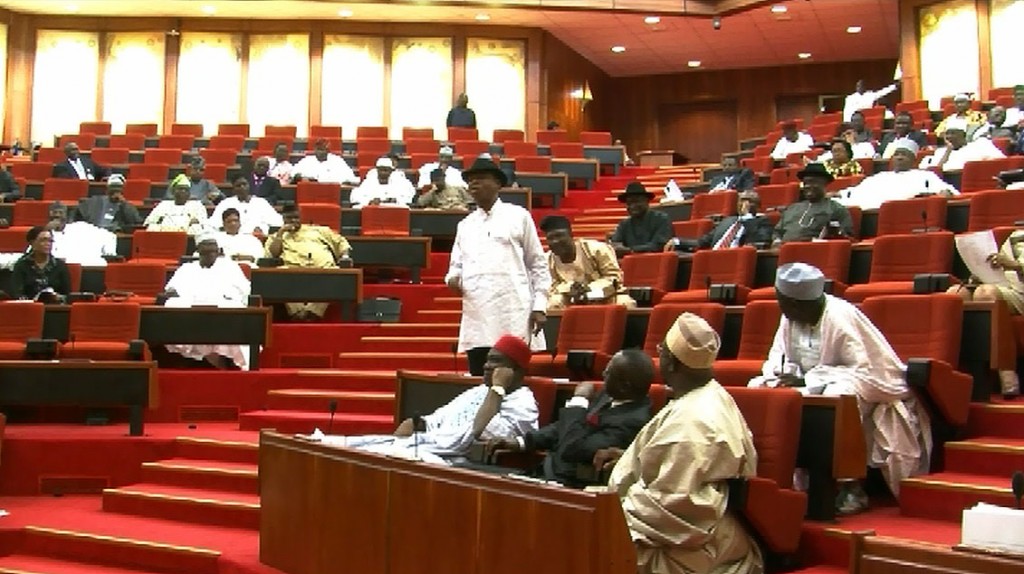After months of hectic legislation, the Senate Wednesday passed the National Health Bill (NHB).
The bill which has been a subject of controversy in the nation’s health sector, seeks to provide framework for the regulation, development and management of the national health system. It is also aimed at setting standards for health services in the federation.
According to the Chairman, Senate Committee on Health, Senator Ifeanyi Okowa, the new bill will help Nigeria achieve what he described as universal health service and also meet the Millennium Development Goals ( MDGs) target.
Briefing journalists after the bill was passed, Okowa expressed confidence that it would not only guarantee improvement in the health care sector, but would also regulate health care practice, promote professionalism as well as eliminate quacks.
Okowa also said the bill, if signed into law, would provide basic health funds that were needed in Nigeria this time, saying given its composition, the federal government would contribute one percent from the consolidated revenue fund for the development of Primary Health Care (PHC) in the country. He also said the bill made provisions for counterpart funds from both the state and local governments.
Okowa who said the bill guaranteed the establishment of a primary health centre in every community, added that the quantum of money to be provided for that purpose, would help in both the training and retraining of nurses and other health workers.
“PHC is what we need in this country and we are supposed to have at least one primary health care centre in every ward but we do not have well trained personnel. We need to train them and we need to have adequate drugs and facilities,” he said, lamenting that at present, PHCs in the country are in poor state.
Speaking on how the funds provided for PHC would be spent, Okowa said: “50 percent of the fund shall be used for the provision of basic minimum package of health services to citizens in eligible primary or secondary health care facilities through the National Health Insurance Scheme (NHIS).
Twenty percent of the fund shall provide essential vaccines and consumables for eligible primary healthcare facilities; 15 percent shall be for the provision and maintenance of facilities, equipment and transport for PHC facilities and 10 per cent of the fund shall be used for the development of human resources for PHC.”
On the friction among professional bodies in the health sector, the senator explained that the NHB was prepared to put paid to such endless crisis, noting that it will define responsibilities and limitations of each professional body adding that it will also create opportunities for Nigerian health practitioners to make inputs into the annual budgets of the health sector.







